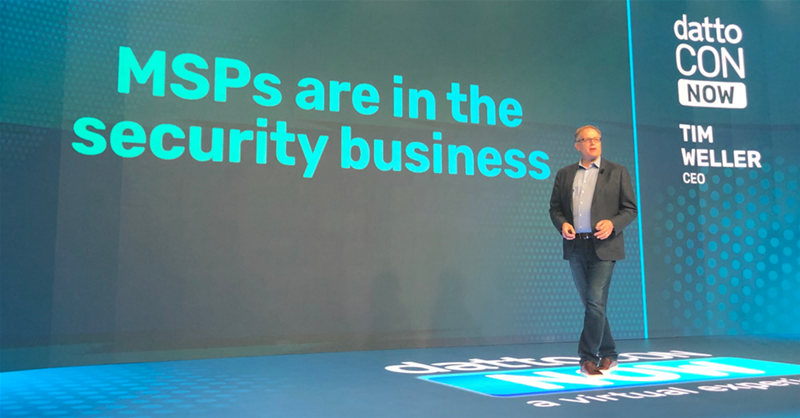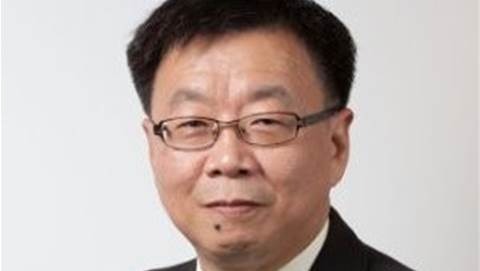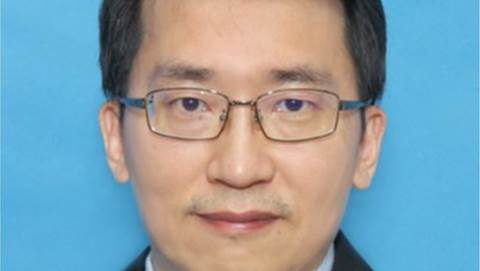The events of the last two years have caused a profound transformation in the way companies use technology. With the shift to the cloud, remote working, operations being delivered as services, rising security and compliance risks and the need to cut maintenance costs, there are new forces demanding change. IT departments, particularly with SMEs, have also come under more strain, with many turning to Managed Services providers (MSPs) in their tech support to fill the skills and knowledge gaps, transition to new tech, or simply, to maintain business continuity.
What are the lessons and opportunities that that we can learn post-pandemic? iTNews Asia gets an audience with Datto’s CEO Tim Weller to find out what’s how he sees the MSP landscape evolving, what’s new that will replace the old, as well as the factors driving growth in the industry.
iTNews Asia: How has COVID changed/impacted the MSP landscape? How different is the role of MSPs today?
Over the last year and a half, MSPs were the unsung heroes for SMEs, enabling them to run their business while the MSPs themselves faced many of the same challenges of remote/hybrid work and economic uncertainty. This accelerated MSP and SME digital transformation. This transformation, along with regulatory and data protection requirements and proliferation of security threats, is increasing the complexity and risk of IT for SMEs.
MSPs are equipped with the IT resources and expertise SMEs are looking for and providing a single source to meet their IT needs. As a result, MSPs are now focused on cloud migration, increased collaboration, and investing in security solutions. MSPs have the mindset that can support SMEs for the transformation to come.
iTNews Asia: Enterprises have accelerated their move to the cloud during this pandemic, with many outsourcing their development to focus on higher-level business transformation. Is the cloud the main driver for them to work with MSPs?
I would say security and cloud. Two-thirds of companies are reporting a shortage of talent, leaving them very vulnerable on the security front. Globally, MSPs could prevent a couple hundred billion dollars of economic damage by rising to the cyber security challenge.
Moving to the cloud, however, doesn’t eliminate the security challenge. You still have applications, and they're still running on hardware, even in the cloud. And cyber-attackers, we can be sure, will follow us into the cloud. Our partners and SME clients they serve are at various stages of their own cloud journeys, but will operate for the most part, in hybrid cloud environments for the foreseeable future.
MSPs have the ability to secure digital assets in a hybrid cloud world no matter where data and applications live. In many cases our partners manage digital assets that run on-premises for high performance, in private clouds, in Microsoft 365 and Google Workspaces, and sometimes, in the public cloud.
iTNews Asia: The pandemic has also been the catalyst for enterprises to do things differently. From an MSP perspective, how has technology consumption changed?
For decades now, companies have been digitising their data and automating their processes. That means that they've shifted most of the value into digital assets and those digital assets now present concentrated risks.
Productivity, convenience, and efficiency are up, but so is risk. In the old world, the controls were air-gapped. In the new world, we're all interconnected globally, where offline meets online. Those digital assets sit on hardware or in the cloud. We collectively call them endpoints. Endpoints and the applications that run on them are multiplying, diversifying, and scattering globally.
Businesses want more digital transformation and employees and customers want to work and transact remotely or in hybrid models. The cloud is an enabler, but this rapidly accelerating future has provided many new attack vectors and a profitable business model for cybercriminals.
For MSPs, these changes not only add complexity, but also open up massive opportunities to accelerate growth by leading digital transformations and securing the digital assets of their SME clients.
iTNews Asia: How has Datto made adjustments to its business model to accommodate this change?
Cloud and security have been at the core of Datto’s mission to protect digital assets since inception. Our security efforts are not new. The core security team has been in place for years. Security is infused into our culture, and it starts on day one, with employee background checks, and goes on with so many more activities. It's in the culture.
iTNews Asia: Do many enterprises still view IT as a cost centre?
This security opportunity, driven by cloud, helps MSPs accelerate their businesses. Today, MSPs that have gained reputation as highly secure have become profitable businesses. It has become apparent that organisations are increasingly viewing IT and technology differently. When you're at the top of that security food chain, the revenue opportunity is there.
MSPs should focus on security for their customers, and they’ll correspondingly get the reward or remuneration they deserve. They are in the technology business, and they should be charging their customers full freight for security protection. This will be a multi-year journey, so it's important to start now.

Productivity, convenience, and efficiency are up, but so is risk. In the old world, the controls were air-gapped. In the new world, we're all interconnected globally, where offline meets online. Those digital assets sit on hardware or in the cloud. We collectively call them endpoints. Endpoints and the applications that run on them are multiplying, diversifying, and scattering globally.
-Tim Weller, CEO, Datto
iTNews Asia: With this changing customer trend, how is Datto helping transform MSPs? What does Datto see as challenges that MSPs continue to face this year?
MSPs are now in the security business. The direction at Datto is to mimic what the big tech companies of the world do for security transparency. We look to big hyperscale kinds of tech companies as being the gold standard. And we‘ll start innovating more down that line. Securing our MSP partners begins with thought leadership content, live events, directing action with our security team etc. As an example, we do free dark web monitoring for all MSPs, not just Datto MSPs, but non-partners of ours as well. The industry is in this battle together.
iTNews Asia: With the increasing trend toward using more than one cloud platform, many enterprises are choosing multi-cloud instead of just one cloud vendor. Why do you think that is? Would a multi-cloud strategy be a more effective approach for enterprises and SMBs alike, to migrate their applications and control cost?
Multi-cloud replication is key. It’s important to eliminate single cloud risk by offering multi-cloud replication with backups to a second, secure, private cloud, guaranteeing secondary system protection. MSPs need to offer their clients the scalability and efficiency of the public cloud but still feel confident their clients’ cloud data is backed up and can be recovered within minutes – even if the public cloud is down.
iTNews Asia: The industry is slowly pivoting to post-Covid way of working. How do you see the landscape evolving in 2022? What are the key industry priorities in 2022?
Infinite users, infinite demand for applications, infinite endpoints, infinite locations, and unfortunately, an infinite attack surface. "What lies ahead for the MSP community?" Nobody has a crystal ball, but a few key themes are likely to dominate.
Remote and hybrid work models are here to stay in some form. Digital transformation is accelerating, there’s a hunger for infinite applications, and the shift to Cloud continues.
I'm guessing we're in year 15 of a 25, maybe 30-year shift. The hybrid cloud and multi-cloud is going to be the norm for years to come. And of course, cyber attacks are only going to grow, maybe even accelerate due to infinite endpoints and this idea of an infinite attack surface.
MSPs should define their security stack, reiterate, and improve on it later. They will need to keep redefining it. Maybe they have basic and advanced offerings. They should consider dropping the clients who won't pay for updates and enhancements.
The game is that serious. MSPs should put in first, second, and third lines of defense, an RMM they trust and continuously vet, and Continuity as their last line of defense. MSPs will be choosing their vendors going forward based on security – it's the number one attribute for vendor selection.










